“The Middle of Nowhere” by Alicia Troike
“Between the Dead and Me” by Amanda L. Little
“Friendship Forged over Fetal Pig” by Amy D. Kliewer
“Last Letter” by Ann Christine Fell
“A Second Meeting in Manhattan” by Barbara Waterman-Peters
“Can You Tell Me How to Get to Oklahoma City?” by Beth Gulley
“Waves of Intersection” by Boyd Bauman
“A Retirement Revelation” by Chuck Warner
“Getting Pregnant at My Age?” By Errin D. Moore
“A Love Story” by James Kenyon
“At the Intersection of Kansas and Anywhere in the World” by Cynthia Mines
“Families and Fates of Robert Parks” by Jim Potter
“The Town at the Crossroads” by Julie A. Sellers
“The Sparrow’s Whistle” by Julie Stielstra
“Intersecting with the Mob” by Linda Cook
“Double Cousins and the Carnival Keepsake” by Roger Heineken
“Not in My Plan” by Sandee Lee
“Crossroads” by Thomas Holmquist
“Lessons from the Intersection of Tallgrass and Tabor Valley” by Tim Keane

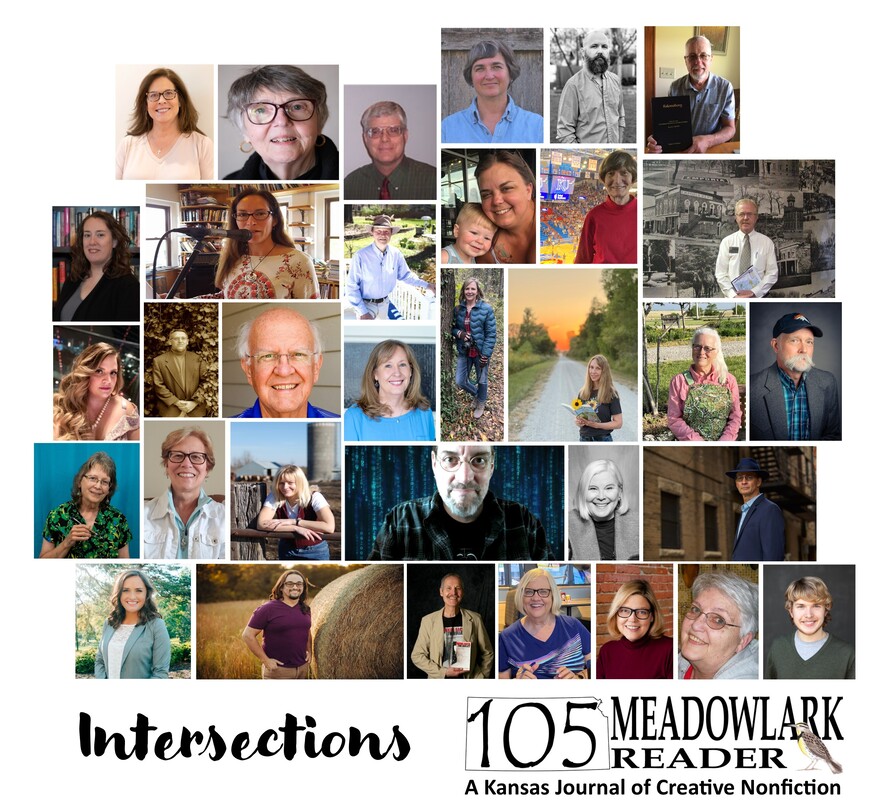
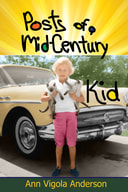
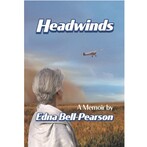
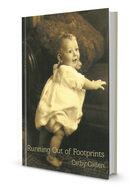
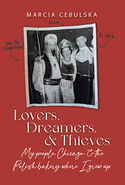
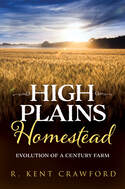
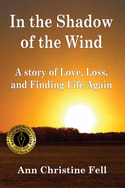
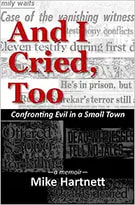
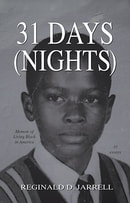
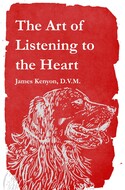
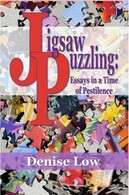
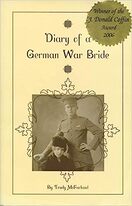
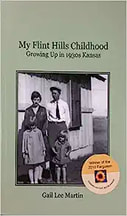
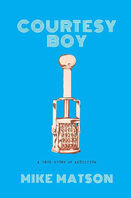
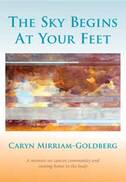
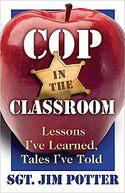
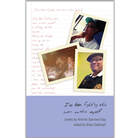
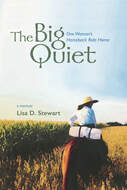
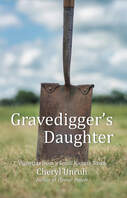
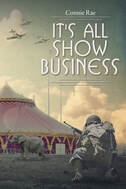
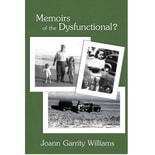
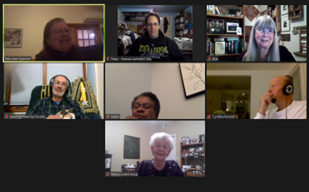
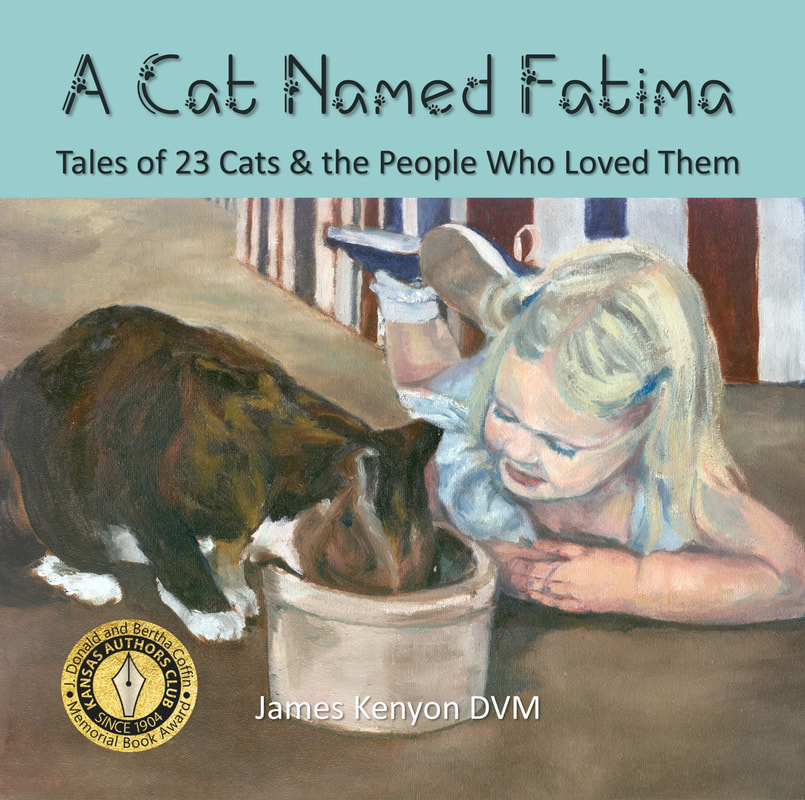
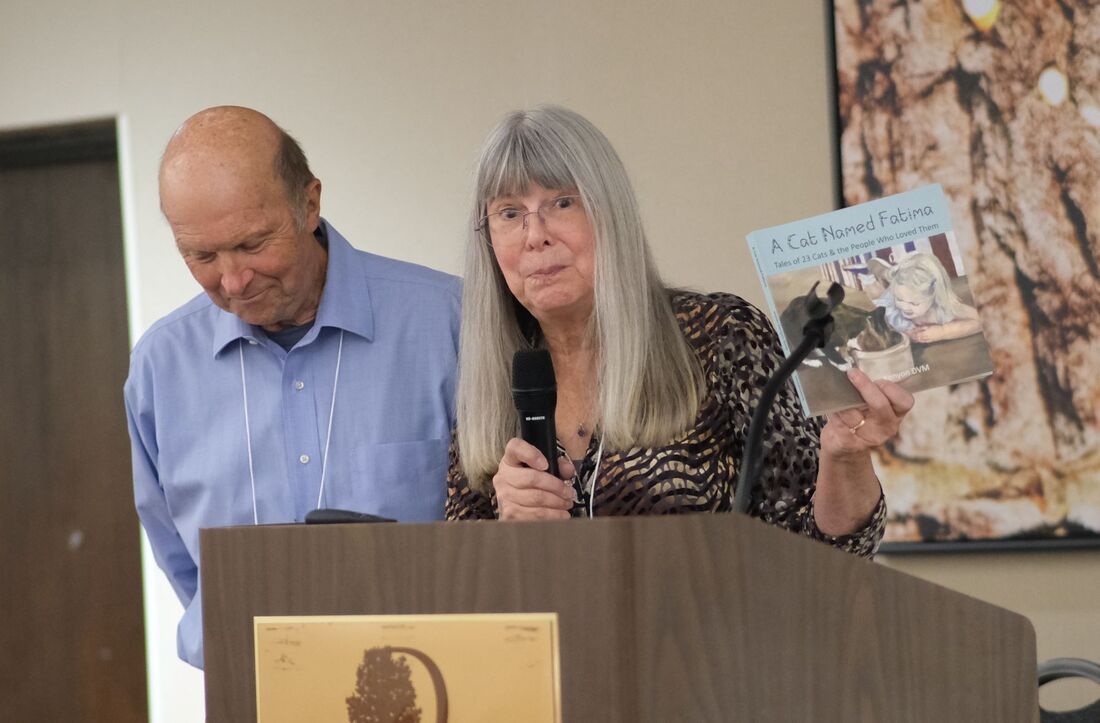
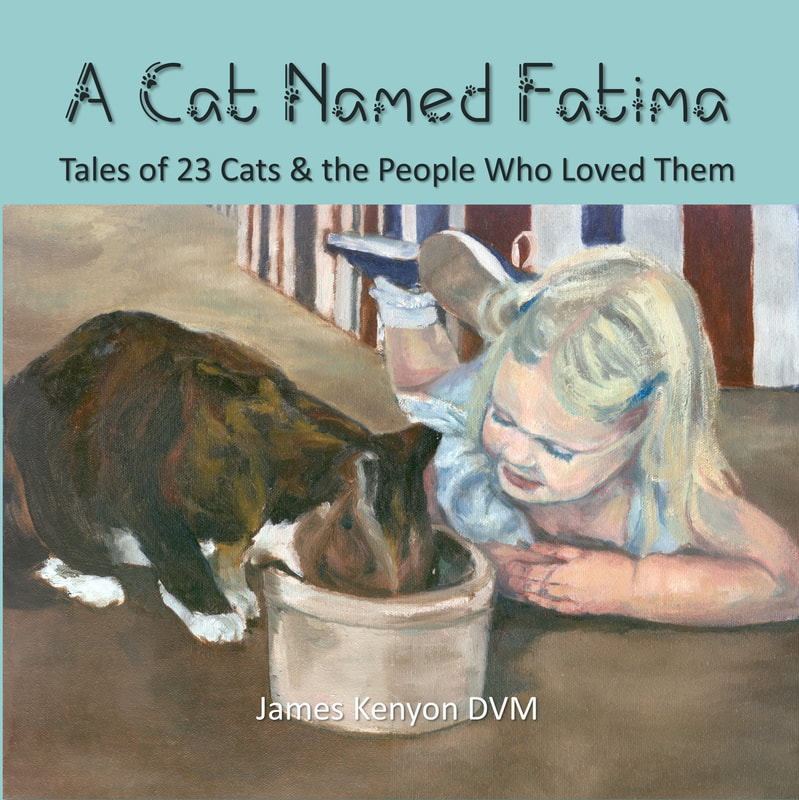
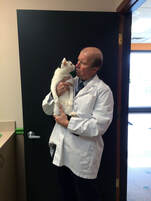
 RSS Feed
RSS Feed